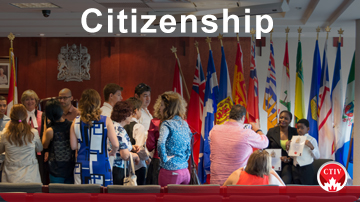Obtaining and applying for Canadian citizenship can be a long and labour-intensive process as law changes very fast. We keep you posted on citizenship application requirements. We are your Citizenship application process immigration consultant.
The National Occupational Classification (NOC) undergoes a major structural revision every ten years, which involves the review of the framework of the Classification and the existing occupational groups. In response to these changes, the NOC 2021 will reflect the evolution of the economy and nature of work during the next decade.
A major revision cycle of the NOC 2021 resulted in in-depth research, analysis, and assessment of the feedback received through occupational consultations and research. During the revision process, stakeholders and the public provided valuable input.
As a result of a partnership with Statistics Canada, the NOC 2021 will be published on the Employment and Social Development Canada website in the coming months. Due to the need for sufficient time for organizations and programs to transition from NOC 2016 to NOC 2021, the latter is expected to be implemented and become the official classification used by ESDC in the second half of 2022.
Brief summary of changes
Structure changes include the addition of unit groups, aggregation or merger of unit groups, and splitting of unit groups, as well as reorganization of some groups across broad occupational categories and Training, Education, Experience and Responsibilities (TEER) categories. Among other things, the new NOC 2021:
Note:The NOC 2021 is scheduled to be implemented by "fall 2022"

Obtaining and applying for Canadian citizenship can be a long and labour-intensive process as law changes very fast. We keep you posted on citizenship application requirements. We are your Citizenship application process immigration consultant.

Canada offers several business immigration options for individuals who want to start or invest in a business in the country. These options include the following: